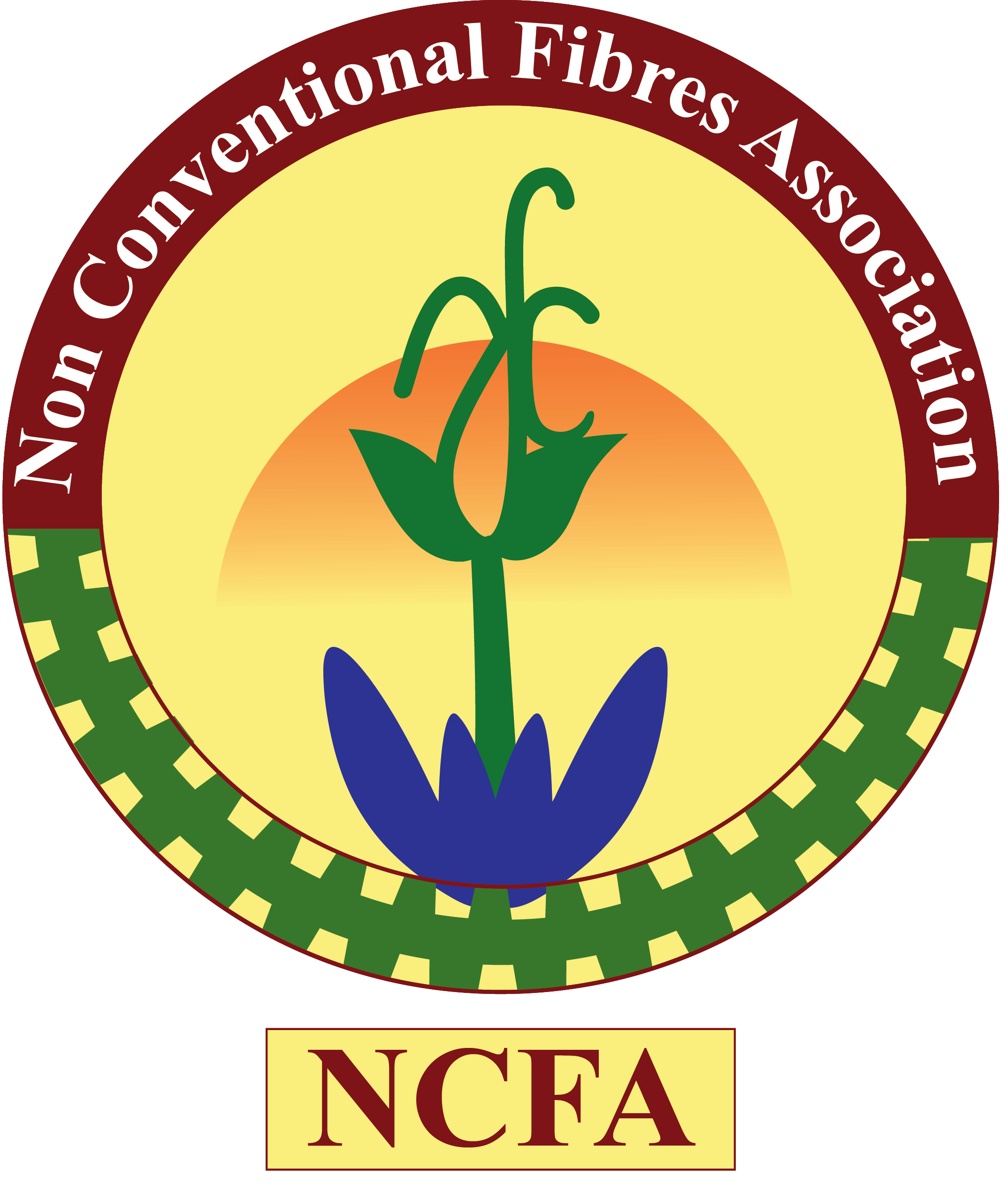Shanmuga Vel, Founder, Fabrula in conversation with Reena Mital
Fabrula, founded by Shanmuga Vel, in Erode, is working towards upcycling pre-production textile waste into sustainable, functional products. There are challenges, but companies like Fabrula, with their commitment, boost our confidence in working together towards a sustainable textile industry. Read on to understand Fabrula’s work.
Why did you choose to start Fabrula?
I started Fabrula because I wanted to address the massive issue of textile waste in the fashion industry. As someone who comes from a handloom town and has our family working in fast fashion, I understand the environmental impact of this waste firsthand. I wanted to create a solution that could turn this problem into an opportunity. Fabrula allows me to upcycle textile waste into functional and beautiful products, creating a circular economy and making the fashion industry more sustainable.
Tell us more about your work as an upcycling artist. What are the rewards? What are the challenges?
As an upcycling artist, I find immense satisfaction in giving new life to discarded textiles and experimenting with new things. The rewards are not just about creating unique and sustainable products, but also about the positive impact we have on the environment. It’s gratifying to see people appreciate our work and become more conscious about their choices.
However, there are certainly challenges. One of the biggest is sourcing quality textile waste in sufficient quantities. Another challenge is changing people’s perception of upcycled products; some still view them as inferior to brand-new items. I’m constantly working to educate people about the value and importance of upcycling.
Erode is a textile cluster. How much textile waste gets generated in this cluster per day?
While I couldn’t find the exact figure for daily textile waste generated in Erode as I’m initially focusing on pre-production waste aka powerloom waste which is fine dust particles of sponge 600kg per week, I did discover that the textile industry as a whole produces a significant amount of waste. The situation in Erode might not be far off from these global trends, considering it’s a textile cluster. The fast fashion industry’s focus on low-cost, high-speed production has led to increased waste and negative impacts on the environment.
Tell us in detail about how Fabrula is tackling this waste problem? And has the industry accepted these solutions?
At Fabrula, we’re tackling the textile waste problem by upcycling discarded fabrics, clothing, and other textile products into new, functional items. This not only reduces the amount of waste going to landfills but also helps to extend the life cycle of textiles, that could not be recycled. Our approach helps to close the loop in the textile industry, promoting a circular economy.
The industry has been receptive to these solutions, as there is a growing awareness of the environmental impact of textile waste and the need for sustainable alternatives. However, there is still a long way to go in terms of widespread adoption and the necessary infrastructure to support textile upcycling. We’re committed to continuing our work and raising awareness about the importance of sustainable practices in the fashion industry.
What are the technical and marketing challenges in textile upcycling?
Technically, it is really difficult to find machinery and investments. And to find consistent sources of good-quality textile waste. The process of cleaning, sorting, and processing discarded textiles requires resources and expertise. Additionally, ensuring that the upcycled products meet the necessary quality standards and durability requirements can be challenging.
In terms of marketing, changing consumer perceptions about upcycled products can be difficult. Some people might view these products as lower quality or less desirable than new items. Educating the public about the environmental benefits of upcycling and demonstrating the value and quality of upcycled products is crucial to overcoming this challenge. Building partnerships with like-minded brands and organisations can also help to increase the visibility and acceptance of upcycled textiles.
You are also working towards wellness of the garment workers. Tell us about this.
At Fabrula, we prioritise both environmental sustainability and also the well-being of garment workers. We collaborate with local artisans and workers, ensuring fair wages, safe working conditions, and opportunities for skill development. By empowering these individuals and communities, we strive to create a more ethical and sustainable fashion industry.
Export markets are slowing down, but producers in India are unwilling to adapt to the global changes. With the result that we have overproduction, piled up inventories, pressure on already low wages. How do you see the situation?
The current situation in India’s textile industry is indeed challenging. With slowing global demand and overproduction, we’re witnessing issues such as piling inventories and pressure on already low wages. The industry’s heavy reliance on exports to developed economies like the US and EU exacerbates the problem.
To address this, the industry must adapt to the changing global market conditions by diversifying product profiles, exploring new markets, and focusing on sustainable and ethical practices. Additionally, government support and policies can help alleviate the situation by providing incentives, improving infrastructure, and promoting skill development for workers. It’s a complex issue, but with concerted efforts, the industry can navigate these challenges and emerge stronger.
India is expected to become the largest textile and apparel consumer by 2030. However, social and environmental regulations are not strictly implemented. What will be the impact of this on our environment and our workers? How can this be addressed?
India’s projected growth in textile and apparel consumption presents a significant opportunity for the industry, but the lack of strict implementation of social and environmental regulations poses considerable risks. Unregulated growth could result in increased pollution, resource depletion, and unsafe working conditions.
To mitigate these impacts, there must be a stronger emphasis on compliance with regulations and standards, both by the government and industry stakeholders. This includes enforcing labour laws, promoting responsible production practices, and investing in clean technologies. Furthermore, educating consumers about the importance of ethical and sustainable fashion can drive demand for responsibly-made products, motivating the industry to prioritise environmental and social responsibility. A comprehensive and collaborative approach is necessary to ensure that India’s textile industry grows sustainably.
Do you think clusters like Erode will eventually adopt mindful production? Are there companies that are working towards this?
There’s definitely a growing movement towards mindful production in textile clusters like Erode. Companies such as Erode Clothing, Kundan Textile Mills, TexValley, and Sri Sundaram Mills are leading the way by implementing sustainable practices, focusing on worker well-being, and using innovative techniques to reduce waste.
However, there’s still a long way to go for the entire industry to fully embrace mindful production. Change takes time, but with increasing awareness and pressure from consumers, I believe more companies will realize the importance of sustainability and ethical manufacturing.
Anything more you would like to highlight?
One important aspect that I’d like to highlight is the need for collaboration and partnerships to achieve sustainable and ethical practices in the textile industry. No single company or organisation can solve these complex issues alone.
By working together, stakeholders such as brands, manufacturers, non-profits, governments, and consumers can share resources, knowledge, and expertise to drive positive change. This includes partnerships for skill development, waste management, compliance with regulations, and promoting sustainable fashion to consumers.
In addition, investing in research and development of new materials, technologies, and processes can further enhance the industry’s ability to reduce its environmental footprint and improve working conditions.
Overall, the path to a more sustainable and ethical textile industry requires a collective and ongoing effort from all parties involved.




